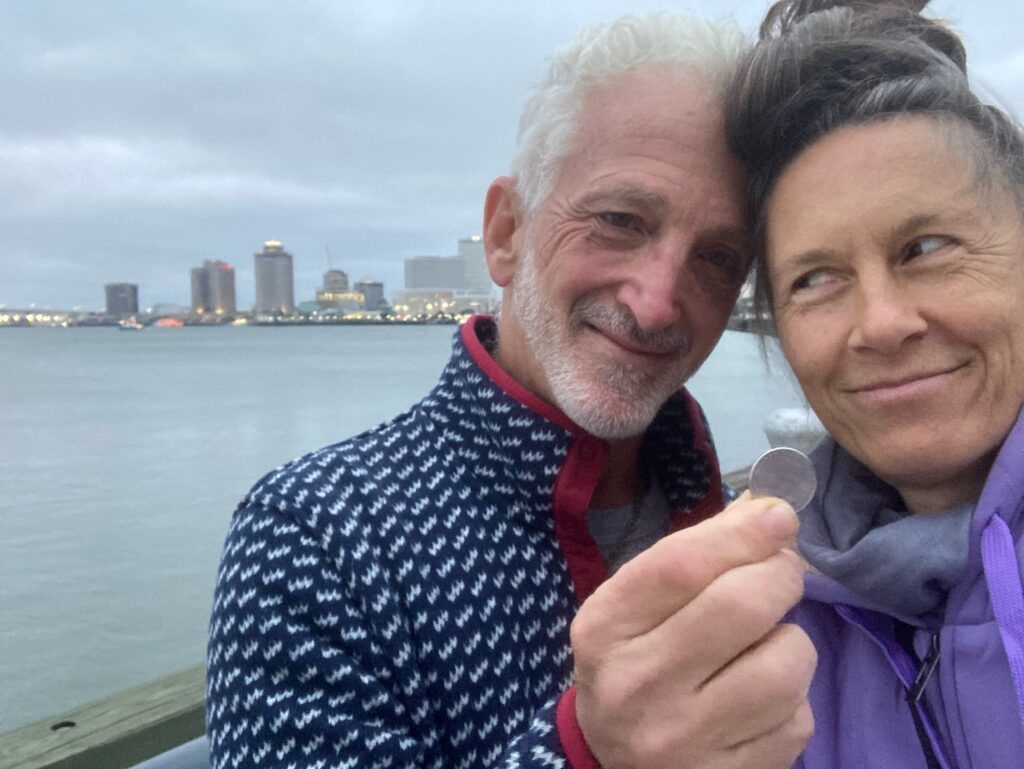Online dating is a unique way to make connections. In this generation, swiping right is the new means of saying “hey, I like you”. With the rise of dating apps and websites, more people are turning to technology as a means of finding their perfect match.
As we navigate the complex world of online dating, it’s only natural to wonder what is really going on in our minds when we are bombarded with hundreds of potential suitors right at our fingertips.
Well, we are here to untangle this complicated web!
Read on as we explore the psychology behind online dating and how it affects our behavior in terms of communication habits, building rapport, and more.
The Psychology Behind Online Dating
It’s safe to say that internet dating has become one of the most popular ways to meet a potential life partner. According to a recent study, 1 in 10 adults who have a partner report meeting their significant other on an online dating site. What’s even more impressive is that this number rises to 1 in 5 young adults under the age of 30.
With so many users, it’s helpful to take a closer look into the psychology of using a dating platform and how it compares to that of traditional dating.
There are three popular theories that help describe the psychology behind online dating: the social exchange theory, the self-disclosure theory, and the social identity theory.
Let’s dive in!
Social Exchange Theory
The social exchange theory describes how we look to maximize our rewards at the lowest cost within relationships. Rewards include anything that benefits us such as companionship, affection, and support while costs can include the things we need to put back into a relationship such as time, emotional investment, and effort.
In the online dating world, the social exchange theory comes into play as to how individuals evaluate potential partners. As we swipe through, we get an immediate impression of another person’s photos and prompts before deciding whether or not to match with them.
On a subconscious level, we consider factors like physical attractiveness (i.e. age, body type, facial features, etc.), social status, personal values and beliefs, sense of humour, and so on.
Self-Disclosure Theory
The self-disclosure theory refers to the methods of revealing our personal information to other people. In other words, we are more likely to disclose personal information about ourselves when we feel as though it will lead to positive outcomes such as trust or intimacy.
When we date behind a screen, we are much more likely to share information as it creates a sense of distance or anonymity. Ultimately, this can make online daters feel more comfortable sharing or overindulging with so-called “strangers” in the hopes of forming a romantic connection.
Social Identity Theory
Lastly, we have the social identity theory. This theory is used to describe how individuals define themselves according to their status in a social group. In other words, we discover a sense of belonging from participating in a group setting and will continue striving to enhance our own distinctiveness in this setting.
This theory can be applied to online dating in terms of how we present or showcase ourselves on our dating profiles. Oftentimes, we use language or information that aligns with our social identities such as our hobbies, ethnicity, or religious beliefs. Doing so will improve our chances of matching with other like-minded people.
How Online Dating Apps and Websites Affect People’s Behavior
Unlike in-person dating, online dating relies solely on verbal communication. As a result, online dating has had a significant impact on our behavior, in terms of how we present or “market” ourselves to the world.
Here are some of the ways dating affects our behavior:
- The algorithms help increase our selectivity and standards for meeting a potential partner
- The online environment places a greater emphasis on our physical appearance as dating app users choose photos or captions that present themselves in a way that is “socially attractive” to others
- Having a sense of anonymity makes it easier for people to engage in ghosting or flaking behaviours, meaning they can suddenly stop messaging or cancel plans without explanation
- With the availability of online resources, meeting someone online gives us time to research or stalk our matches to gain more insight into their background
- Online dating services make it easier to deceive a potential match by including fake or misrepresenting information on our profiles
Online Dating and Mental Health
As humans, we crave companionship, social interaction, and intimacy. In this day and age, online dating sites have been instrumental in creating meaningful connections, developing serious relationships, and sometimes even resulting in marriage.
Online dating sites are appealing because they allow us to put ourselves out there without actually having to leave our homes. For this reason, dating online may be advantageous for people who struggle with low self-esteem or certain mental health issues by giving users an outlet to meet more people.
That being said, it’s worth mentioning that dating sites may play a negative role in our mental health in terms of ghosting, rejection, or “swipe fatigue”. It’s important to recognize the signs early and take a break from the apps when you’re feeling run down or sad.
Key Takeaways
It’s no question that the rise of online dating platforms has revolutionized the way humans interact with potential partners. The psychology behind online dating has shed light on the motivations and behaviors of users, shaping the way we present ourselves to the world.
Though this environment does not fully replace offline dating, it can be viewed as a complement to traditional dating methods, offering more diversity in opportunities for individuals to connect and potentially form meaningful relationships.
This post was written by the lovely Taylor Stranaghan. Taylor is a skilled writer with a passion for all things love and relationships. Drawing on her wealth of knowledge and expertise in the dating world, Taylor brings a fresh perspective to the table, challenging conventional dating habits and encouraging readers to think outside the box. You can find more of her work here!
Order my book from Amazon: How To Write A Great Online Dating Profile.
Within, you will find my best tips and strategies, including dos and don’ts, before and after examples, and a template to follow. There is also advice on which photos to choose and how to craft email messages. You will also find full written samples and a questionnaire to use for idea generation.
Also: The Mindful Dating Path. I designed this dating journal to help you process thoughts and feelings as they relate to who you are deciding to spend time with. This journal is a mix of guided prompts and plenty of free flow. You may want to view it as a mix of a plain journal and an interactive workbook. The prompts are recurrent based on Date 1, Date 2, Date 3 and more.
If you are someone thinking about trying online dating or giving it another go with a different approach, check out the Packages and Pricing Page and start dating with a great online dating profile.




